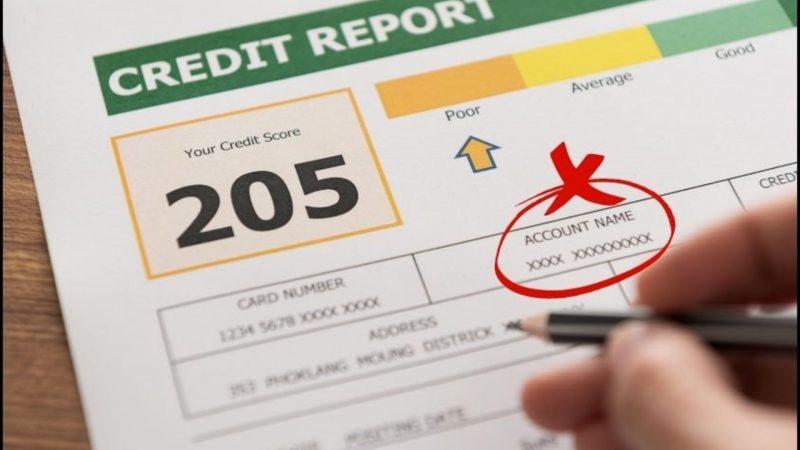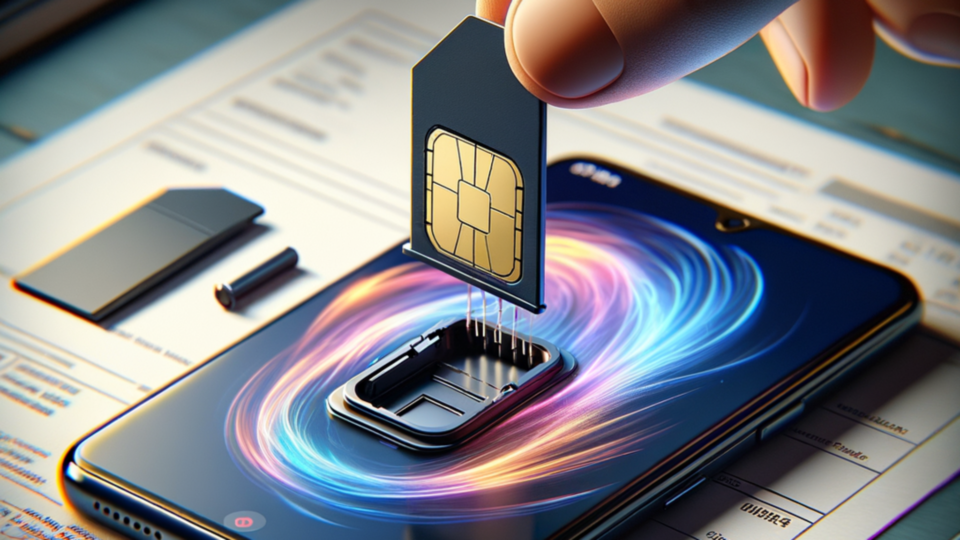
How to Identify and Correct Discrepancies on Your Credit Report?
When you apply for a loan or credit card, banks look at your credit history. They check how you’ve managed your credit cards, loans, and other credit arrangements. This includes your repayment track record and any defaults or late payments noted in your credit report. The details from your credit report shape the interest rate on the loan and give a snapshot of your overall credit eligibility.

Finding and Correcting Discrepancies on Credit Report
It’s crucial to check your credit report and score regularly. Detecting errors related to your loans or credit cards is important because they can harm your credit score.
Here’re the key sections to look into:
Credit Accounts
Take a close look at details like loan type, sanctioned amount, current balance, any overdue amount, and payment history. If you spot any discrepancies, report them to the relevant credit bureau right away.
Repayment Entries
Your repayment history shows how well you handle monthly installments (EMIs) or pay off credit card balances on time. Typically, this credit history is reported for about 7 years, but the exact duration can vary based on the practices and policies of the credit bureau.
Personal Information
The personal details section in your credit report holds information provided by your current lenders. This includes basic details like your name, date of birth, personal IDs, and contact information such as phone numbers and addresses.
Inquiries About Credit Report
When you apply for credit, loan refinancing, or a credit limit increase, lenders make hard inquiries that get recorded in your credit report. Keep an eye on these inquiries from the past 24 months to know who’s been checking your credit.
Also read:
Types of Credit Cards, Their Benefits and Perks
Credit Utilization Ratio
Your credit utilization ratio reflects the relationship between your available credit and the amount you use. It’s wise not to max out your credit cards because consistently going over your credit limit can harm your credit score.
How to Correct These Mistakes?
- Take a close look at your credit report to find any mistakes.
- If you spot errors, contact the credit bureau and provide detailed information to dispute them.
- Gather supporting documents, like bank statements and payment receipts, to back up your dispute.



